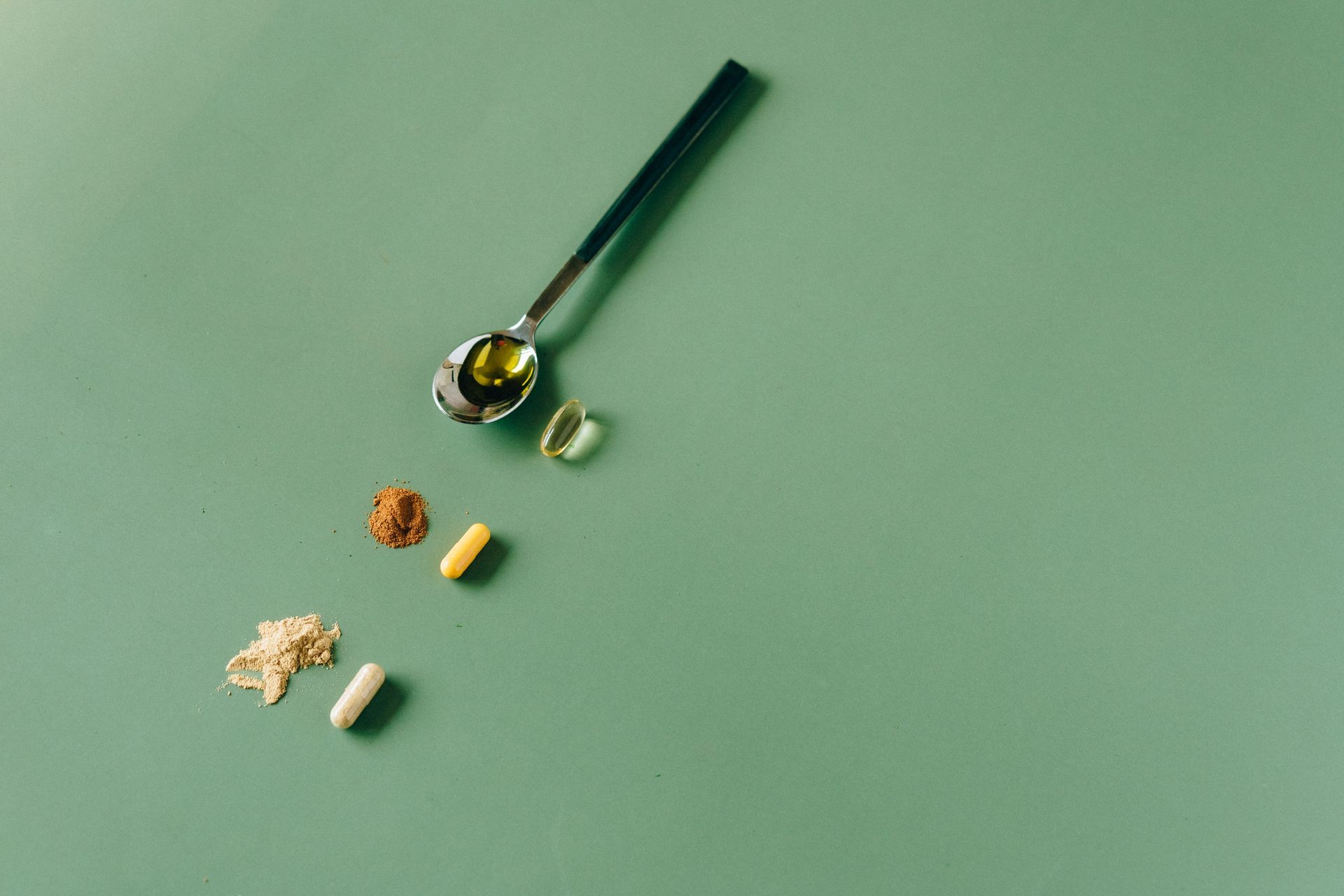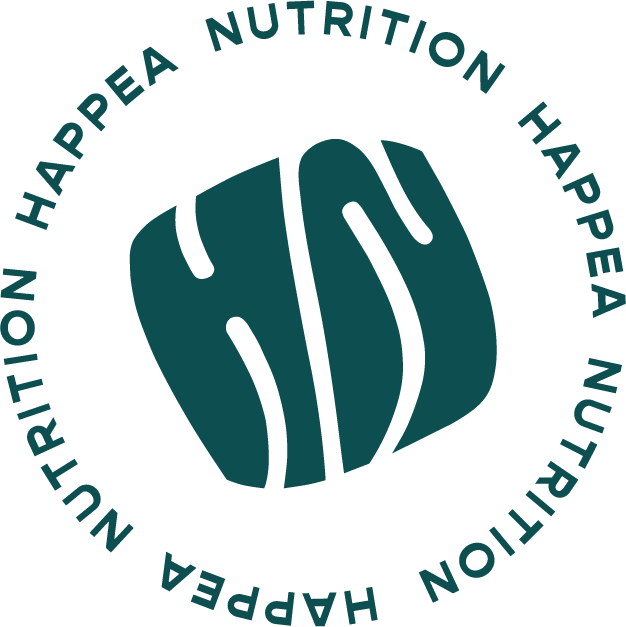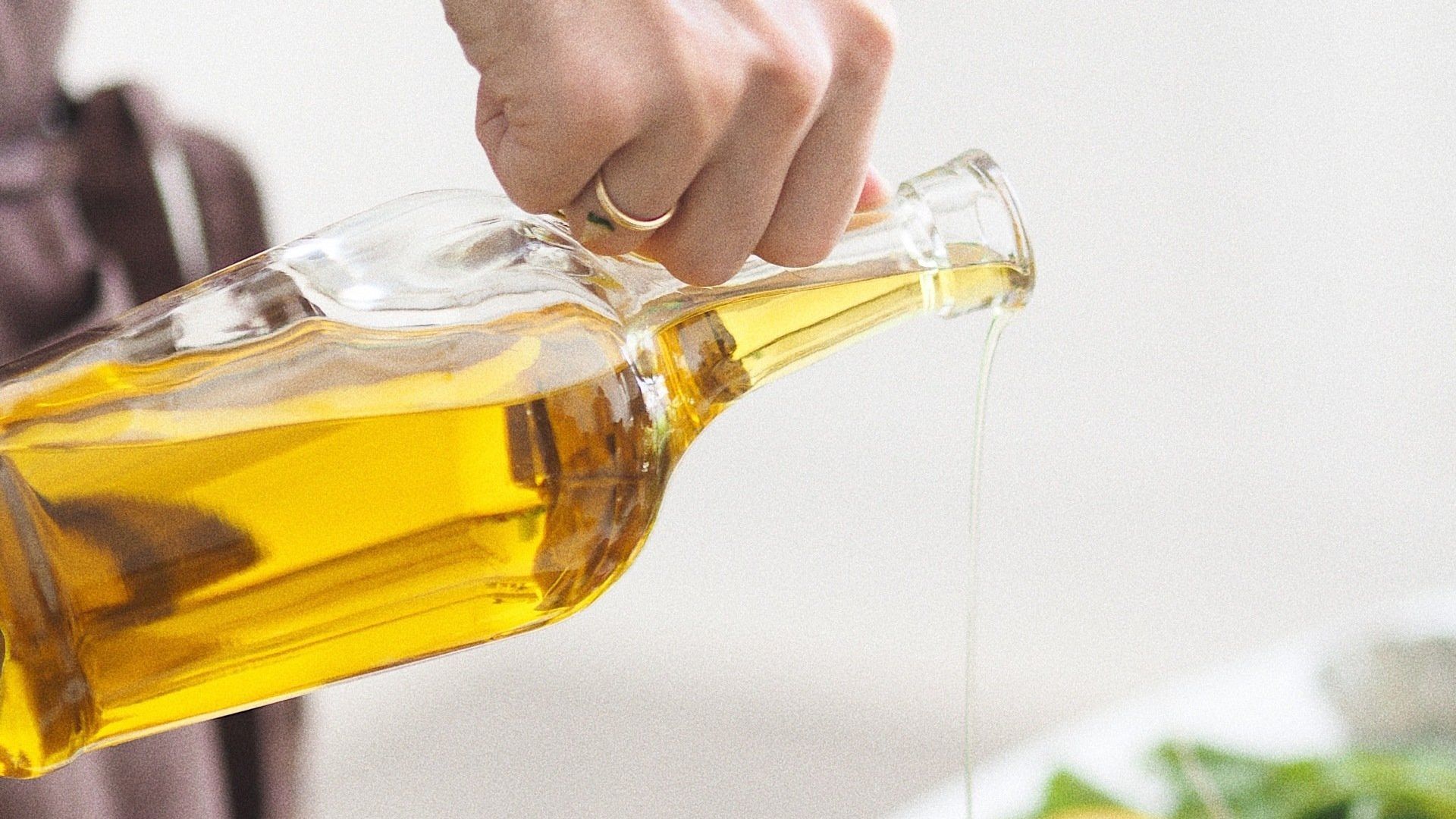How much protein should I eat?
Protein is possibly one of the most misunderstood nutrients for many of my clients. This is mostly due to diets that have pushed protein as some sort of weight loss miracle food for decades now. While people still tend to be hesitant about eating carbs or fats, protein remains the holy grail of a healthy diet. But how much about protein is true and what are the myths that we need to let go? Let's look at some common beliefs and how much is true about them.
Recommended intake of protein
Obviously protein is an essential macronutrient. It is needed for many reactions in the body, to maintain bone and muscle, healthy hair, connective tissue, immunity, and so much more. Meeting protein needs is very important for overall health but most Americans already meet (or exceed) protein requirements. The Recommended Dietary Allowance (RDA) suggests 0.8g of protein per kg body weight daily for healthy adults. This is the minimum requirement for maintaining health but many individuals may need more. For active adults, who are looking to gain and maintain muscle, 1-1.2g/kg body weight may be more optimal. Many sports scientists even argue that as much as 2g/kg body weight might be optimal, especially for women. However, aiming for 20-30 grams of proteins per meal seems to be sufficient for the average, moderately active person. To give you an idea, one egg would provide 7 grams of protein, one cup of milk 8 grams of protein, and one 3-oz salmon filet 21 grams of protein.
Does protein quality matter?
Although the suggested amount does matter, more in recent years we have been seeing emphasis on the quality and distribution of daily protein. When looking for information about high protein foods you may stumble upon people recommending complete proteins and combining incomplete protein foods to compensate for the incompleteness (i.e. rice and beans). Some amino acids (the building blocks of protein) are essential because our body cannot make them without getting them from the diet. Others are not essential and can be made in the body. While it is very important to consume sufficient amounts of all essential amino acids, it is not necessary to eat them all at the same time. The outdated advice has since been updated because we now know that as long as you eat enough of different proteins throughout the day, your body will be able to handle the rest.
Meat, poultry, and dairy products are, without doubt, high-quality protein sources, but there are many more high protein foods that come with added benefits. Seafood and plant-based protein foods (i.e. legumes, beans, nuts, etc.) are great alternatives that many American adults aren’t eating enough of. Switching up your proteins helps you make sure you are getting a variety of amino acids and a variety of minerals that may not be available in other protein sources.
Does timing matter?
The right timing seems to make a difference when it comes to building and maintaining muscle mass. After a workout, you want to prevent excess catabolism (breakdown), therefore it is important to fuel quickly post-workout. If you don't have food after a hard workout session, you put your body in a catabolic state that stalls your recovery, decreases your metabolism, and increases your fat storage because the body is afraid it is in a state of famine.
Interestingly, the time frame in which we should fuel seems to depend on our biological gender. Women seem to require fuel within 30 to 45 minutes after a workout while men have up to 3 hours to replenish. This recovery window after a workout is a good time to fuel because insulin levels peak. This means you are more likely to transport the carbs you eat straight into your muscle stores and to send amino acids into your muscles, where they can repair the damaged muscle and help it recover quickly (i.e. become stronger). Remember that training isn’t where you build muscle: training is actually breaking muscle down, so you need proper fuel and recovery to actually grow it!
Can I eat too much protein?
On the other side of the protein craze are those who warn about damage to kidneys as a result of eating too much protein. For some reason, the theory that absorbing more than 20 grams in one sitting is impossible has started making rounds too. While it may be true that not all the protein you eat can be used for muscle maintenance and repair (about 0.25 g per pound per meal seems to be enough for muscle repair), you still digest all the protein you eat. The laws of thermodynamics clearly state that energy cannot be “lost”. Energy can change its form but can never be destroyed. Protein has 4 calories per gram (just as much as carbohydrate) and calories are a measure of energy. This energy has to be used in one way or another because it cannot vanish. When consumed in excess of what the muscle and cells need at a given time, amino acids (protein) can be converted into fat and stored or made into glucose for energy by gluconeogenesis (the process of creating glucose from non-carbohydrate sources).
The risk of kidney damage is also very low in healthy individuals. According to the National Kidney Foundation, protein isn’t “hard” on healthy kidneys. Studies found no association between baseline protein intake and long-term kidney function decline in the general public and people with healthy kidneys. If you do not have a preexisting condition or increased risk, you can consume as much protein as you want. Just remember that in excess, protein will also be stored as energy, which in the body is usually fat deposits.
Protein is not superior
Contrary to what is often promoted, protein is just one of the three essential macronutrients. High-protein, low-carbohydrate diets only work for weight loss because people also tend to be in a calorie deficit. Study after study finds that when calorie intake is the same, there is no macronutrient that makes weight loss more efficient. Giving up carbohydrates or fats in place of excess protein will also make the diet deficient in many nutrients, most importantly fiber, which is essential for gut health and cardiovascular health.
Ultimately, a balanced, nourishing diet is what we should aim for. Protein intake in excess of what the body needs does not have any benefit. However, if you are very active, you may want to consume more than the minimum recommended amount. None of the three essential macronutrients are superior or inferior to others - we need them all, that's why they are essential. Carbohydrates are important for many processes in the body, including muscle recovery and maintenance. In fact, even short-term adherence to a low-carb diet seems to have a negative impact on endurance athletes. It may cause small but significant iron, immune, and stress responses to exercise. Those who follow a low-carb high-fat diet could also have higher levels of cortisol (which increases fat storage) and lowered immune resistance.
As I always tell my clients, balance is key and it's also the hardest to achieve. If you would like some extra help in creating a balanced diet that meets your personal protein needs while meeting all other nutrient goals, reach out for nutrition coaching with me.
Sources:
- How much protein can the body use in a single meal for muscle-building? Implications for daily protein distribution
- The Western-style diet: a major risk factor for impaired kidney function and chronic kidney disease
- Protein Supplements: Pros and Cons
- Menstrual cycle and exercise effects on protein catabolism
- Six Days of Low Carbohydrate, Not Energy Availability, Alters the Iron and Immune Response to Exercise in Elite Athletes
Researched and written by Tiffany Wei specifically for Happea Nutrition. Edited by Paula Doebrich.
Share this



